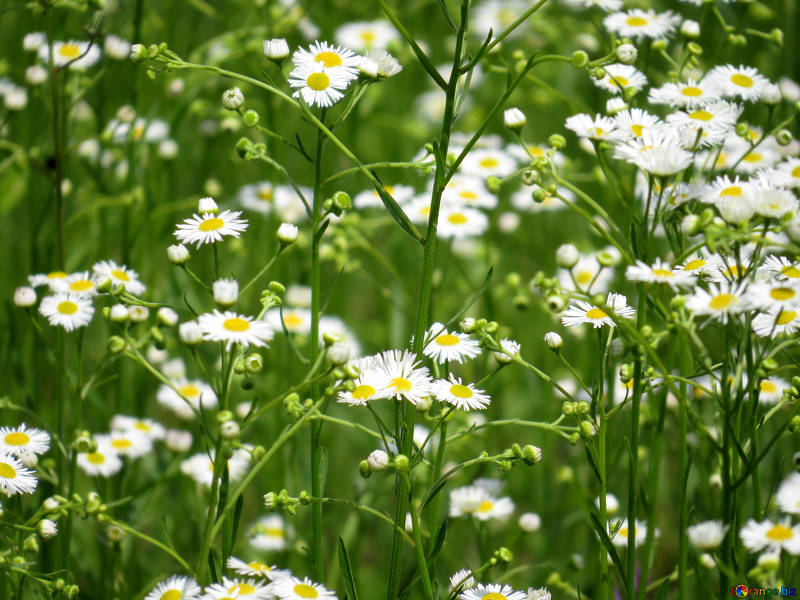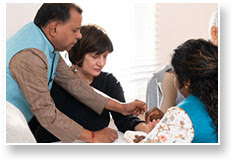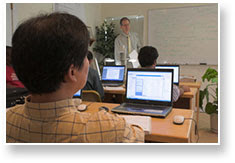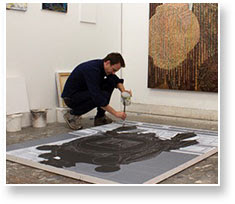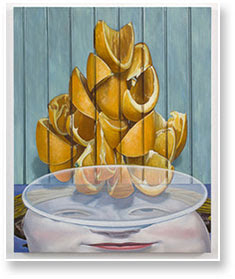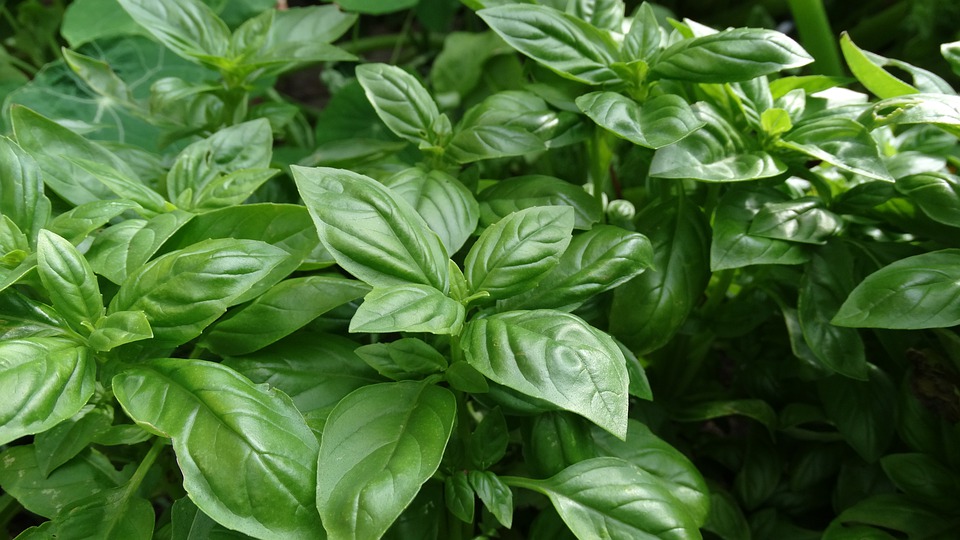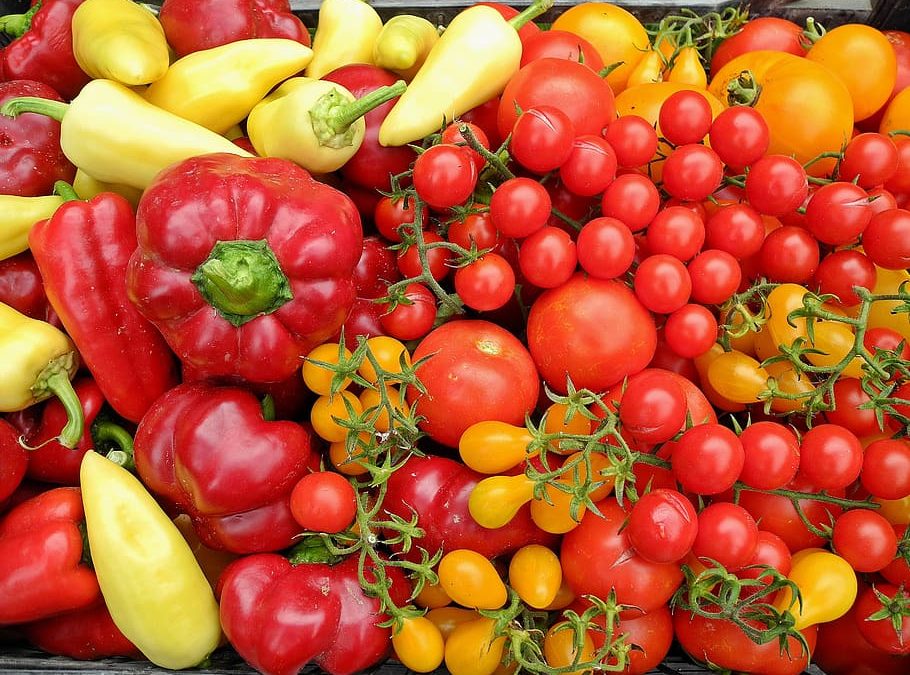
MUM Student Farm Receives Organic and Biodynamic Certification
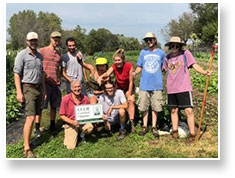
Steve McLaskey PhD (bottom left) and farm manager Kris Johnson (top left) with students in the Regenerative Organic Agriculture Program
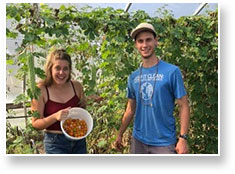
Students harvesting tomatoes in the greenhouse
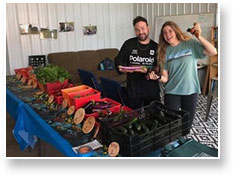
Sorting vegetables for the CSA customers
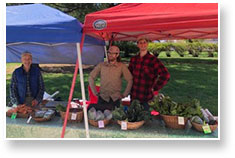
Professor McLaskey with students at the Fairfield Farmers Market
After following US Department of Agriculture organic standards for three years, the MUM student farm has been inspected and verified to have met these standards — and is now certified organic.
Organic certification disallows the use of synthetic pesticides, herbicides, and fertilizers, and the farm must be free of these chemicals for a transition period of three years in order to be certified. In addition, the farm recently received biodynamic certification, making MUM the first accredited university to achieve this distinction.
Biodynamic certification goes a step further, requiring that the farm produce its own fertility. According to farm manager Kris Johnson, that entails locally sourcing all the potting soil, compost, and compost tea (a blend of microorganisms used to treat the soil).
Professor Steve McLaskey, who heads the Regenerative Organic Agriculture Program, said that biodynamic agriculture takes best care of the soil, the environment, and biodiversity. It requires using as little tillage as possible and using cover crops when the soil isn’t being used to grow food. In addition, it requires setting land aside and not cultivating it so that it provides a nourishing environment for wildlife and wild plants.
“Biodynamic agriculture can truly be called regenerative,” Dr. McLaskey said. “Part of the university’s mission is to be a good steward of the environment. These certifications clearly demonstrate that we’re doing that.” The MUM farm is the only one in Iowa to be certified biodynamic.
Achieving these certifications has been a great satisfaction, he said. “We put in a lot of work. It involves a lot of paperwork, including detailed records of our practices, as well as inspections by the certifying agencies.”
The farm operates throughout the year, growing produce in the campus greenhouses during the winter months. Produce is sold at the farmers market and via a community-supported agriculture (CSA) program May through mid-October. Subscribers receive a box of produce each week. This year there are 27 subscribers, with the CSA program expected to expand next year.
Currently there are seven full-time students working on the farm as part of their major in regenerative organic agriculture. In addition, other students sometimes take one or two agriculture courses and work on the farm during those periods.

